66+ Sample Evaluation Forms
-
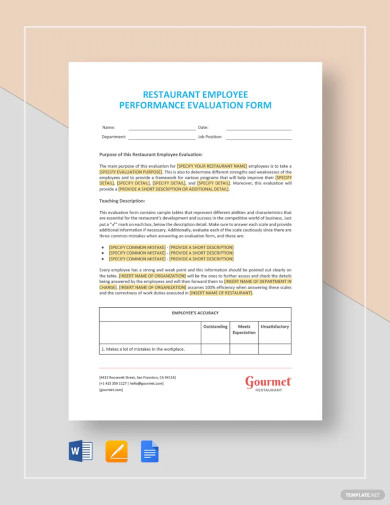
Restaurant Employee Performance Evaluation Form Template
download now -
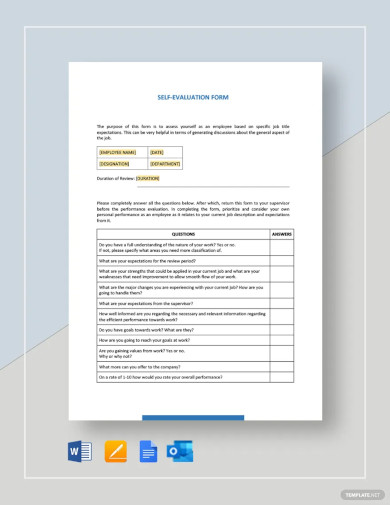
Self Evaluation Form Template
download now -
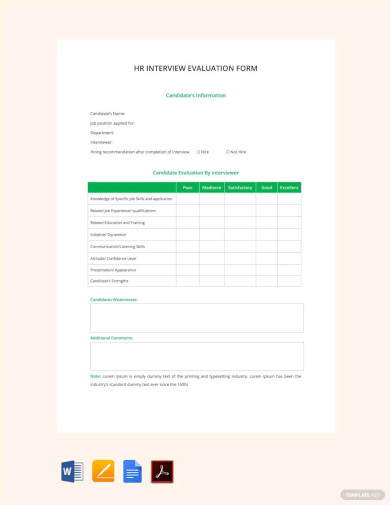
HR Interview Evaluation Form Template
download now -
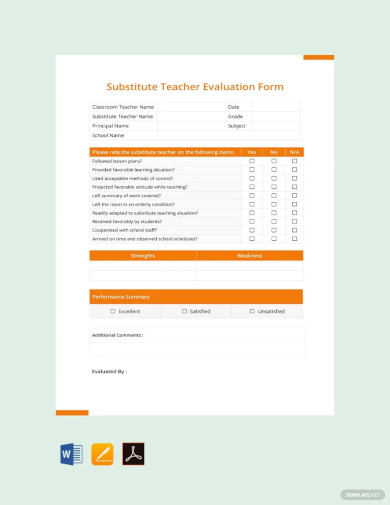
Substitute Teacher Evaluation Form Template
download now -
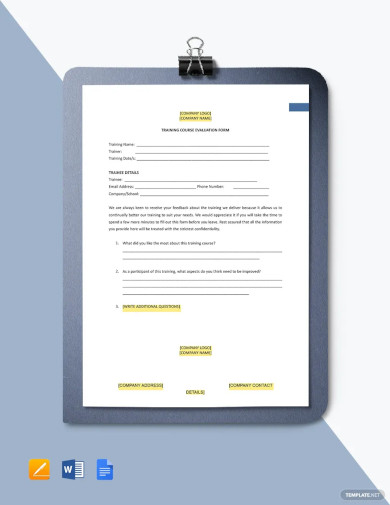
Training Course Evaluation Form Template
download now -
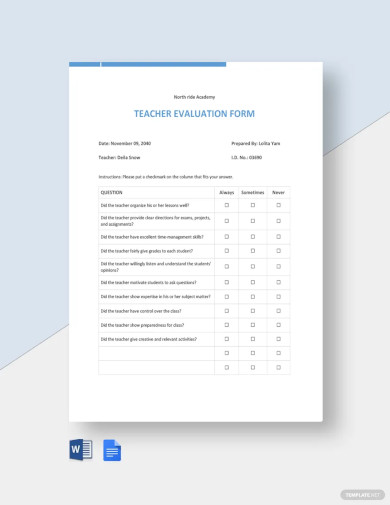
Teachers Evaluation Form Template
download now -
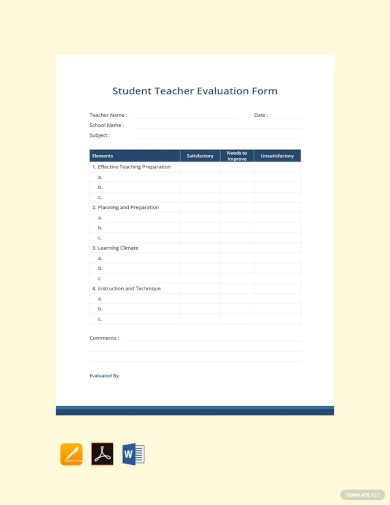
Student Teacher Evaluation Form Template
download now -
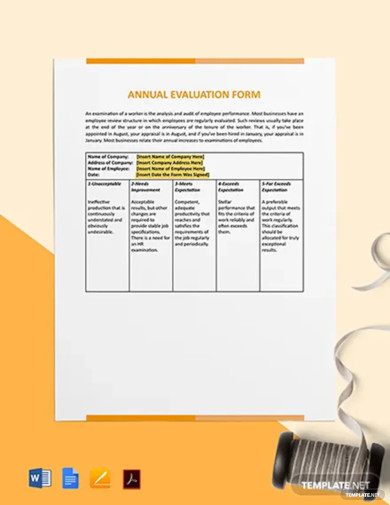
Annual Evaluation Form Template
download now -
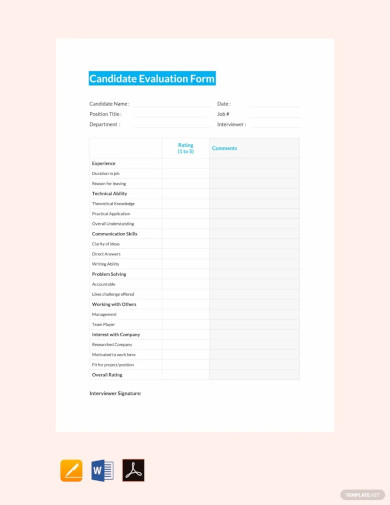
Candidate Evaluation Form Template
download now -
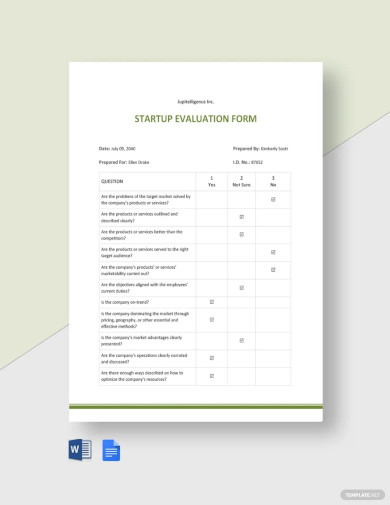
Startup Evaluation Form Template
download now -
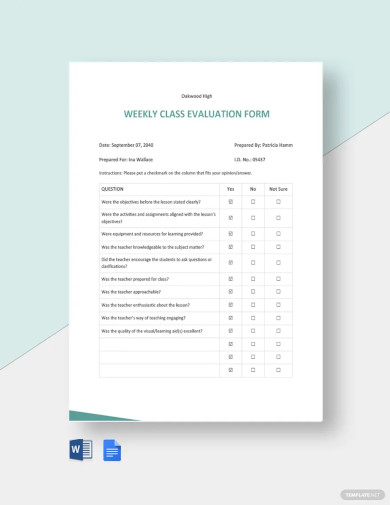
Weekly Class Evaluation Form Template
download now -
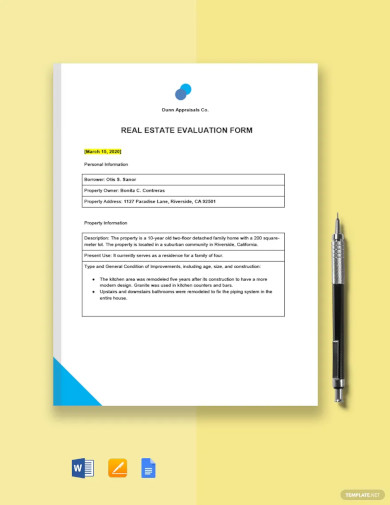
Real Estate Evaluation Form Template
download now -
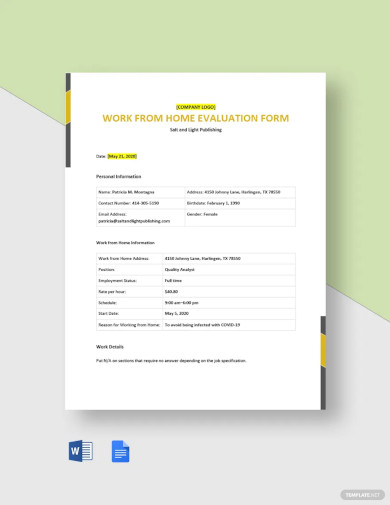
Work From Home Evaluation Form Template
download now -
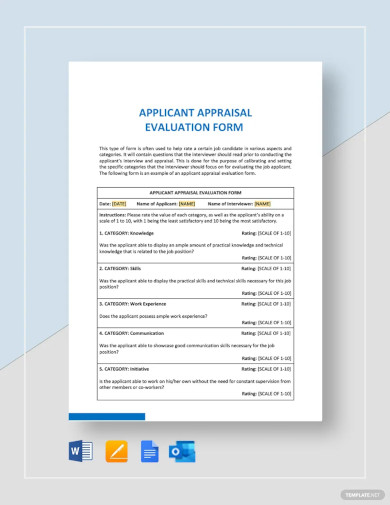
Applicant Appraisal Form Evaluation Template
download now -
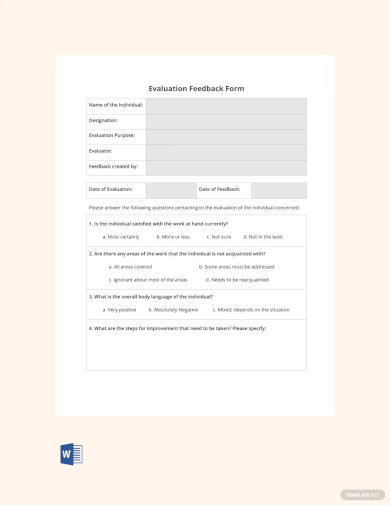
Blank HR Evaluation Feedback Form Template
download now -
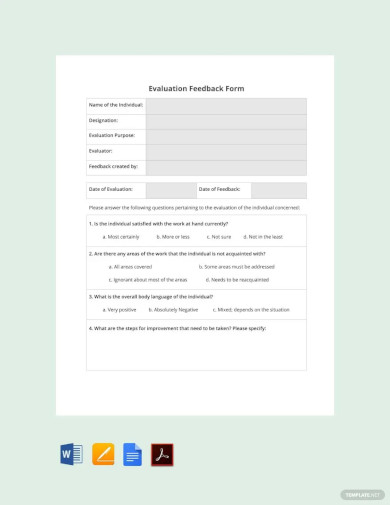
HR Evaluation Feedback Form Template
download now -
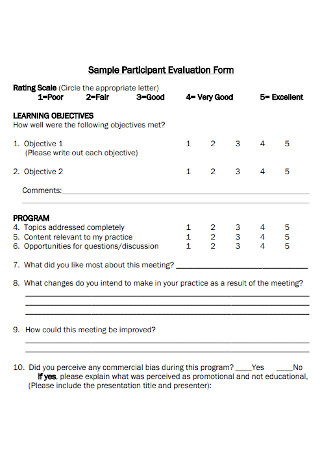
Sample Participant Performance Evaluation Form
download now -
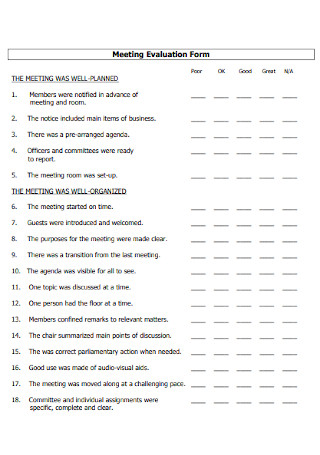
Printable Meeting Evaluation Form
download now -
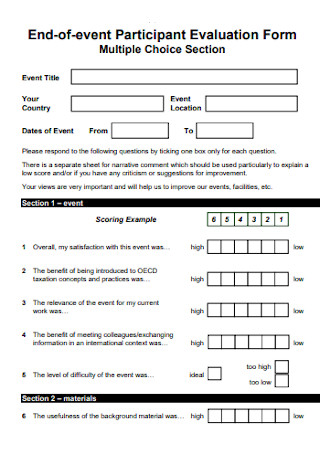
Event Participant Evaluation Feedback Form
download now -
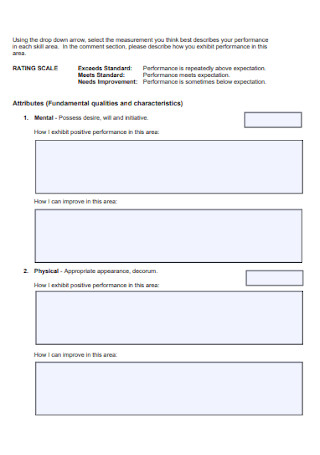
Employee Self Evaluation Form
download now -
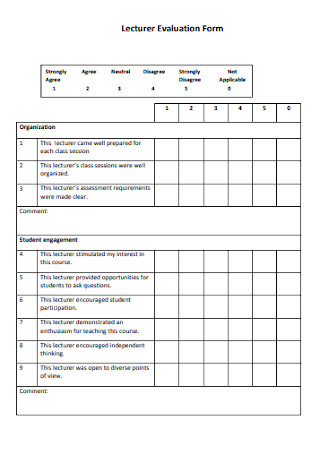
Lecturer Teacher Evaluation Form
download now -
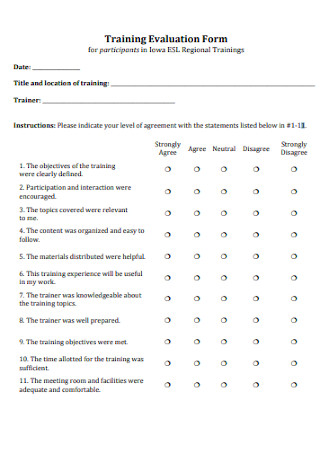
Training Assessment Evaluation Form
download now -
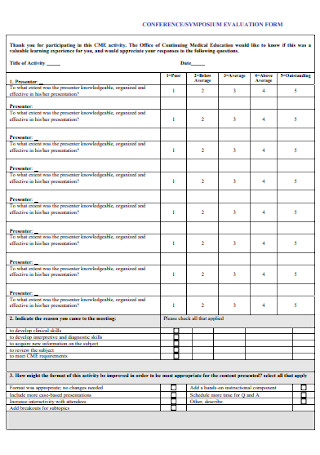
Conference Workshop Evaluation Form
download now -
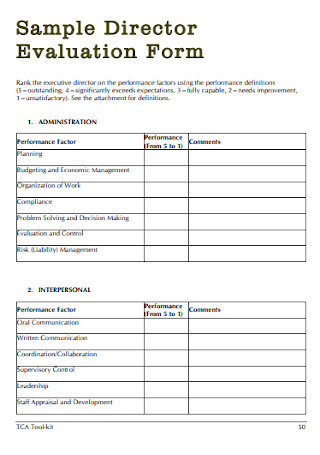
Sample School Director Evaluation Form
download now -
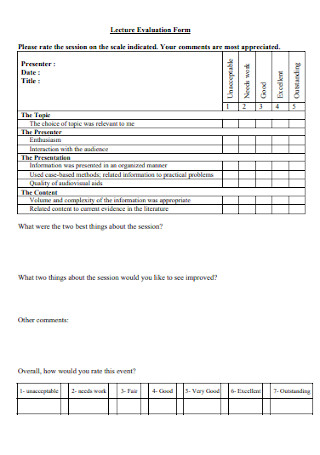
Lecture Activity Evaluation Form
download now -
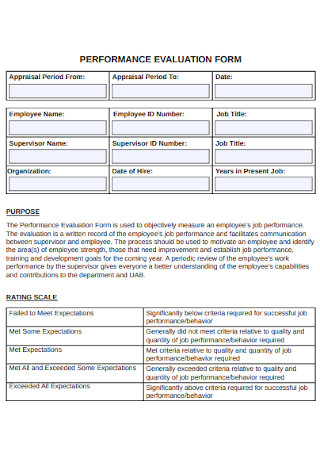
Performance Program Evaluation Form
download now -
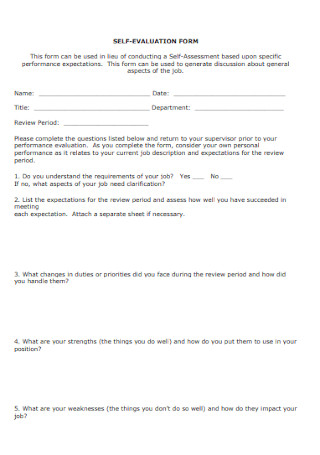
Self Interview Evaluation Form
download now -
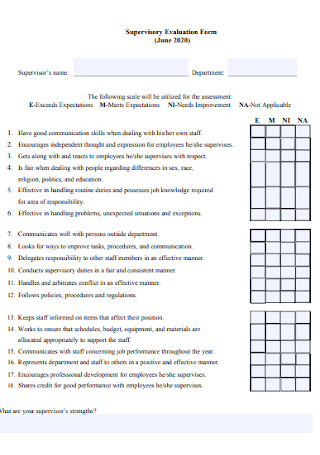
Supervisory Product Evaluation Form
download now -
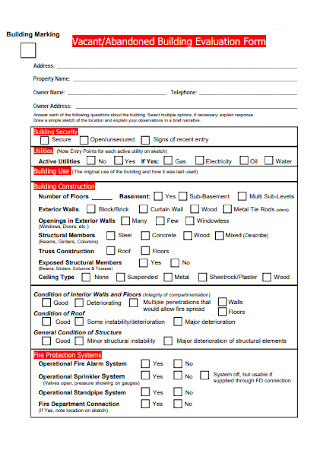
Building Appraisal Evaluation Form
download now -
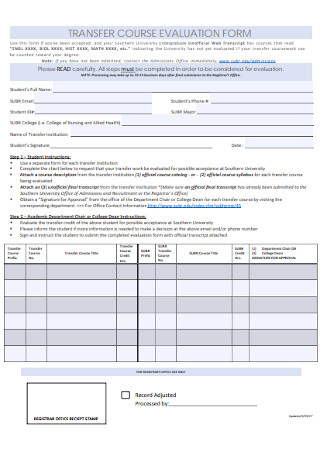
Transfer Self Assessment Course Evaluation Form
download now -
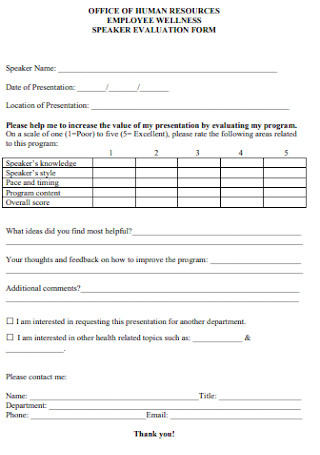
Speaker Ecaluation Form
download now -
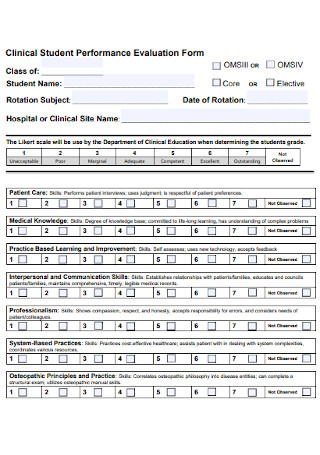
Clinical Student Performance Evaluation Form
download now -
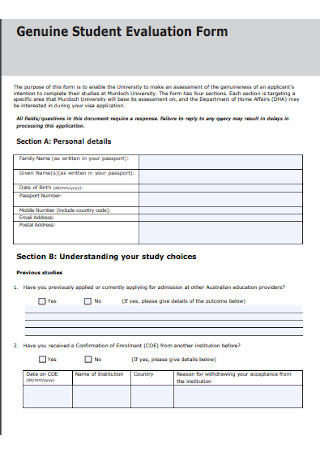
Genuine Student Evaluation Form
download now -
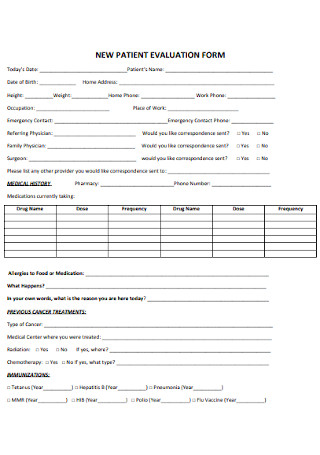
New Patient Evaluation Form
download now -
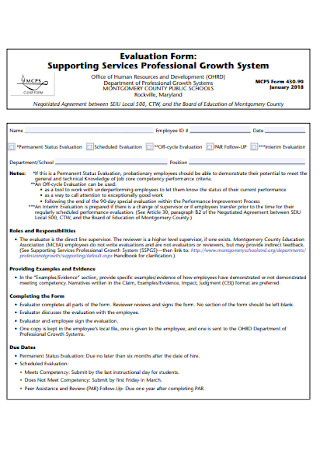
Professional Evaluation Form
download now -
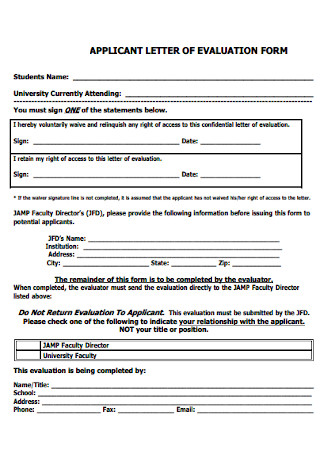
Application Letter of Evaluation Form
download now -
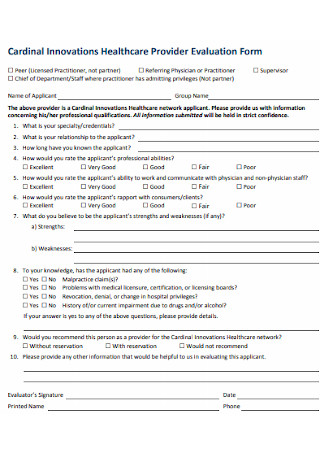
Healthcare Provider Evaluation Form
download now -
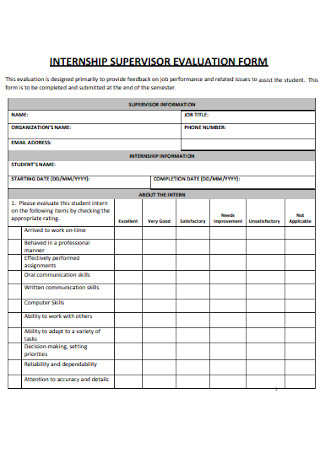
Intership Supervisor Evaluation Form
download now -
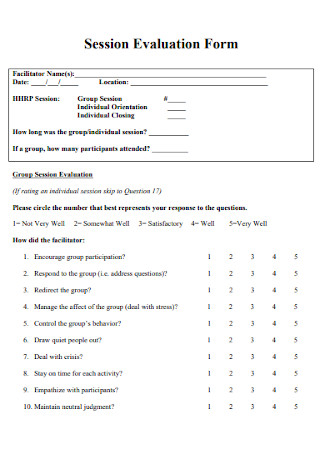
Session Evaluation Form
download now -
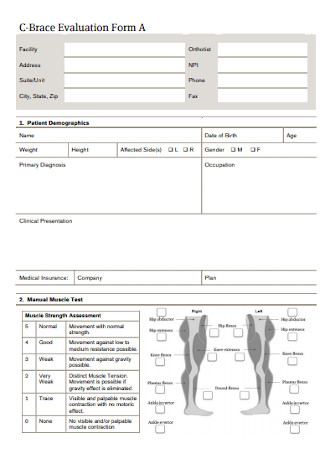
Brace Evaluation Form
download now -
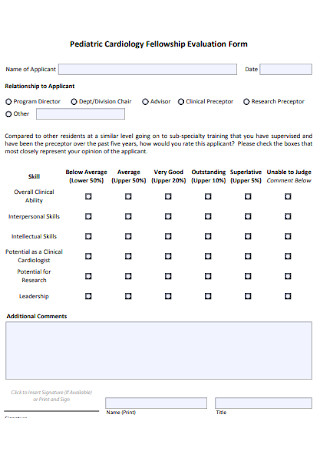
Cardiology Fellowship Evaluation Form
download now -
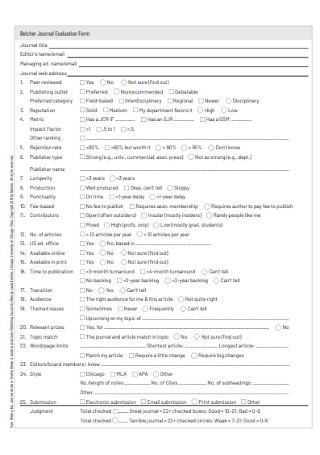
Belcher Journal Evaluation Form
download now -
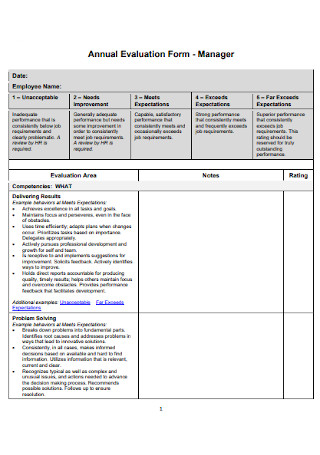
Annual Evaluation Form
download now -
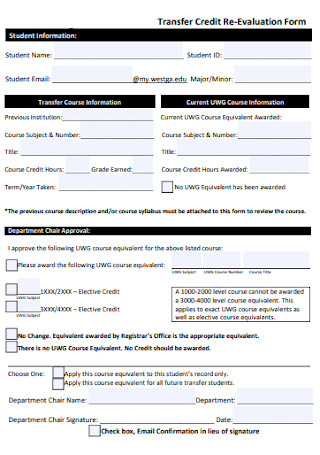
Transfer Credit Re-Evaluation Form
download now -
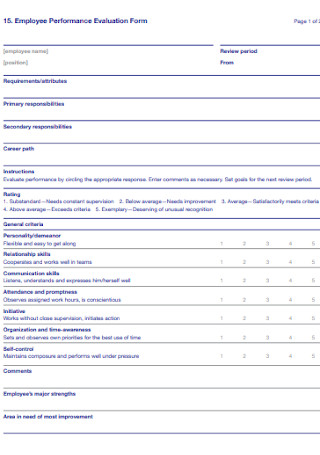
Employee Performance Evaluation Form
download now -
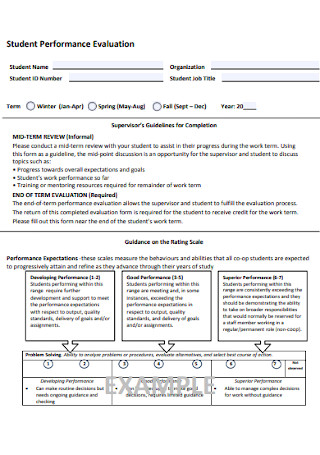
Student Performance Evaluation Form
download now -

Student Standing Evaluation Form
download now -
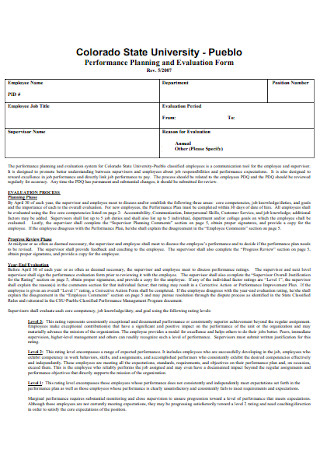
Performance Planning and Evaluation Form
download now -
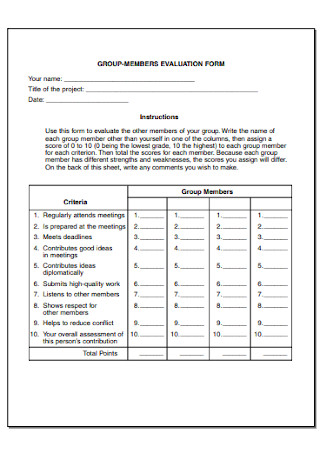
Group Members Evaluation Form
download now -
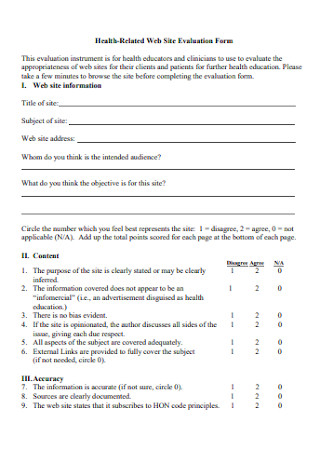
Health-Related Web Site Evaluation Form
download now -
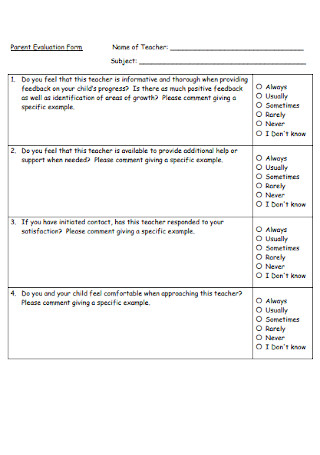
Parent Evaluation Form
download now -
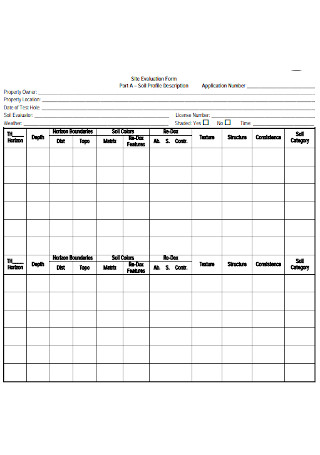
Site Evaluation Form
download now -
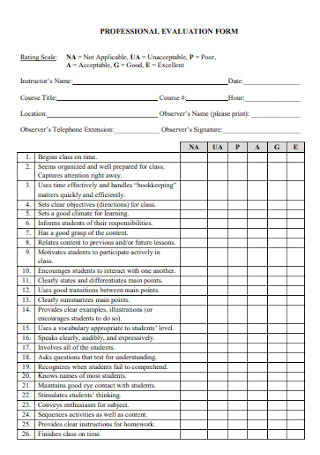
Professional Evaluation Form Template
download now -
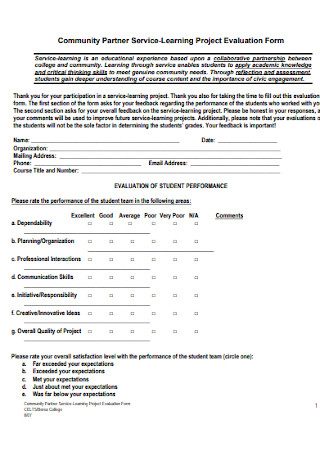
Project Evaluation Form
download now -
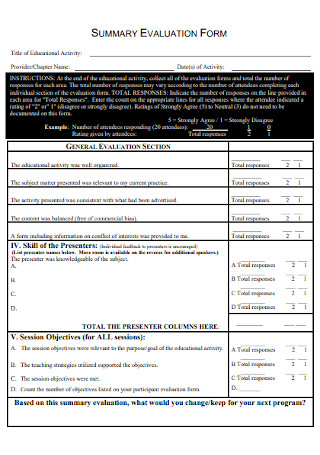
Summary Evaluation Form
download now -
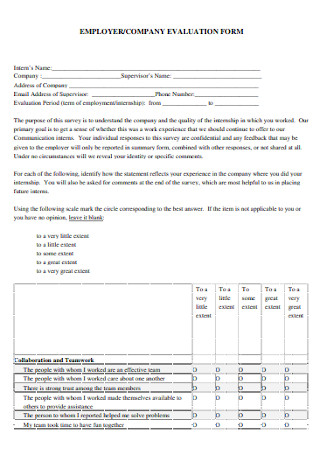
Company Evaluation Form
download now -
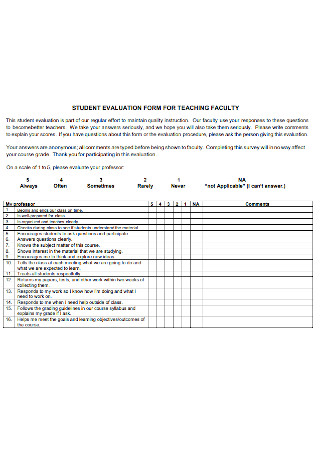
Student Evaluation Form
download now -
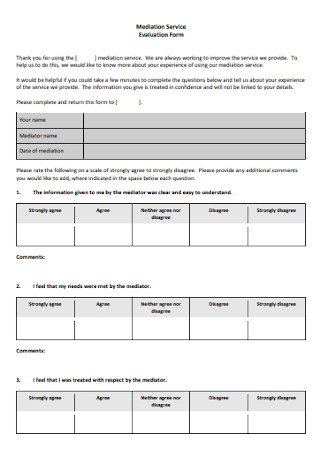
Mediation Service Evaluation Form
download now -
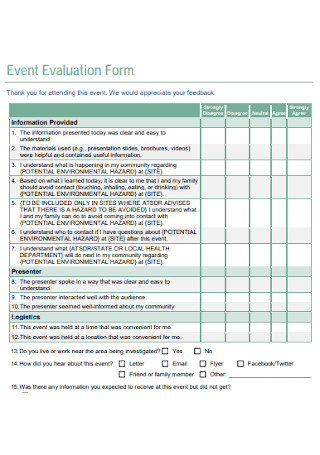
Event Evaluation Form
download now -
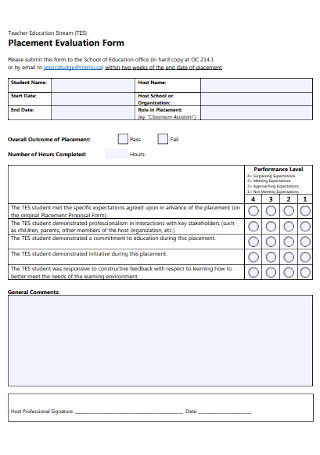
Placement Evaluation Form
download now -
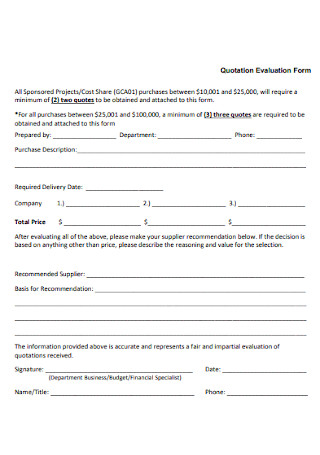
Quotation Evaluation Form
download now -
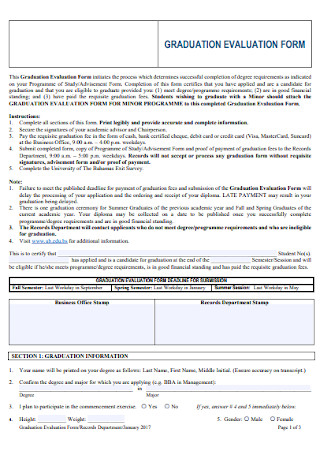
Graduation Evaluation Form
download now -
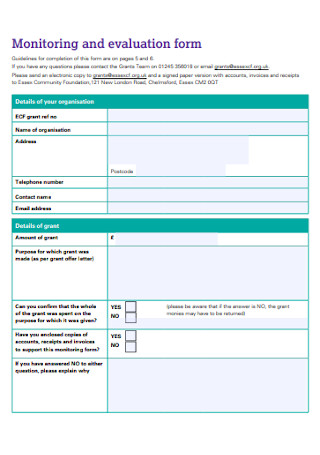
Monitoring and Evaluation Form
download now -
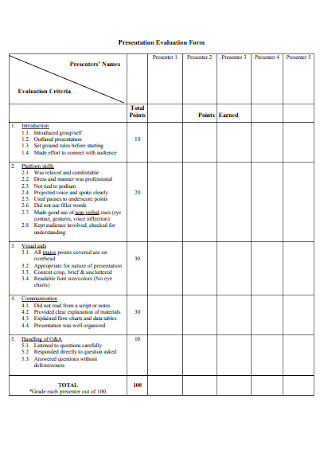
Presentation Evaluation Form
download now -
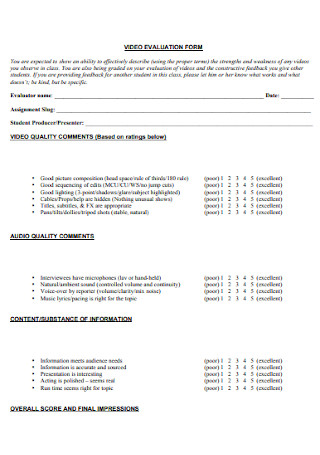
Video Evaluation Form
download now -
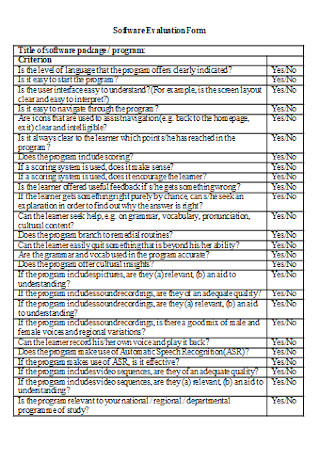
Software Evaluation Form
download now
What Is an Evaluation Form?
An evaluation form is an official document used for rating, assessing, or evaluating a certain subject. The subject could be of anything from student progress, new employee training, or even product performance. Evaluation forms work similarly to feedback forms where you can gather valuable feedback about a certain performance and eventually recognize what parts need improvement. Hence, the forms are useful references not just to rate subjects but also to develop them afterward.
Did you know that in the US, 62% of online shoppers were heavily influenced by online customer reviews?
The Key Functions of Evaluations Forms
An evaluation form isn’t used for one function only. Indeed, the document lets you evaluate subjects but the purpose behind doing that varies. So in this segment, understand the common key functions of the use of evaluations.
How to Make an Evaluation Form
Thinking that evaluation forms take too much of your effort and time to make? Scrap that idea! Using the sample evaluation forms, you can create the form within minutes. With each template, you can customize their format, content, and design. Thus, there is no need to make one from scratch. And in making the evaluation form effectively, you only need to observe these steps:
Step 1: Determine Your Purpose
What is your purpose for making the evaluation form? What type of function do you want your evaluation form to be? Or perhaps, what event, activity, or subject are you going to evaluate? Such questions must be considered before making the questions and metrics in your form. After doing some brainstorming about your purposes, you will eventually know how the form must be tailored.
Step 2: Label Your Form Properly
Evaluations should be labeled accordingly from the title, categories, and more. Of course, inserting the name ‘Evaluation Form’ is standard so the document can’t be mistaken as any other form. But labeling is challenging towards the categories. How do you want your form to be organized? You can have one category for the names of the people, products, or subjects to be evaluated. Or perhaps, another category for the rating scale. Design and arrange this part.
Step 3: Establish a Well-Thought-Out Rating Scale
Ratings in evaluations should be kept fair and objective no matter what. And you can achieve that by using smart and relevant rating scales. Go for the scale that fits well to assessing your subjects may it be a Likert scale, four-point scale, etc. Also, take note that you can’t just use random scales since you need to analyze as well what the appropriate metrics are.
Step 4: Observe an Easy-to-Use Structure
Finally, keep your evaluation form as easy to use as possible. Otherwise, how else are you going to use that conveniently? Hard-to-use examples only take too much time to evaluate and reach your desired results. Furthermore, observe concise and clear information. You may indicate special instructions so whoever uses the form knows how to work on it. And if you need help making more strategic decisions, go for SMART goals. You will eventually reach an excellent evaluation form afterward.
FAQs
What is a performance evaluation form?
A performance evaluation form is a document used by managers or employees in reviewing the present job duties of specific positions at work. The same goes for the encountered issues in completing the job and other external factors.
What is an employee evaluation?
Employee evaluation forms are used in assessing a worker’s performance on the job or at work. And most businesses conduct regular employee evaluations to really check if the whole team is doing well and to address common issues that must be solved.
What is an evaluation report?
An evaluation report records the results, recommendations, data analyses, interpretations, and conclusions from an evaluation. Just like a business report, it observes the processes in conducting assessments.
You can surely accumulate helpful details about customer service, professional evaluation, product design, or just about any performance to assess using evaluation forms. All the data recorded there can even help construct strategic plans, development strategies, and other improvements to have better results than the previous data evaluated. Collect information and use sample evaluation forms now!
